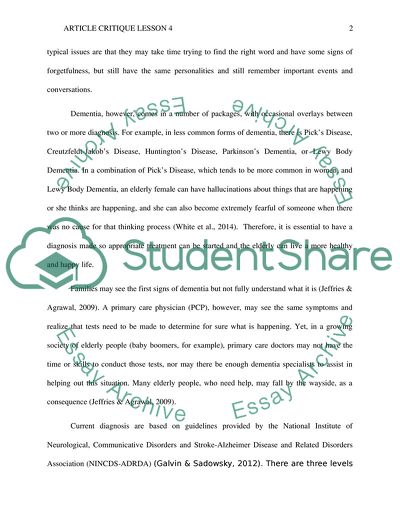Cite this document
(“Recognition and Diagnosis of Dementia Essay Example | Topics and Well Written Essays - 1000 words”, n.d.)
Retrieved from https://studentshare.org/nursing/1645732-recognition-and-diagnosis-of-dementia
Retrieved from https://studentshare.org/nursing/1645732-recognition-and-diagnosis-of-dementia
(Recognition and Diagnosis of Dementia Essay Example | Topics and Well Written Essays - 1000 Words)
https://studentshare.org/nursing/1645732-recognition-and-diagnosis-of-dementia.
https://studentshare.org/nursing/1645732-recognition-and-diagnosis-of-dementia.
“Recognition and Diagnosis of Dementia Essay Example | Topics and Well Written Essays - 1000 Words”, n.d. https://studentshare.org/nursing/1645732-recognition-and-diagnosis-of-dementia.


